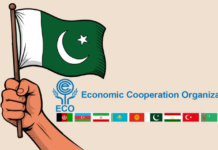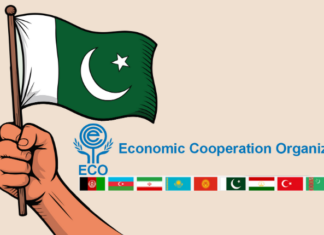ISLAMABAD: The Special Investment Facilitation Council (SIFC) has instructed the Petroleum Division to take decisive steps towards restarting operations at the Jamshoro Joint Venture Limited (JJVL) LPG (liquefied petroleum gas) plant. This directive follows a report by the Sustainable Development Policy Institute (SDPI), which was discussed in a recent SIFC meeting.
The SDPI report estimates that JJVL’s annual LPG production stands at 91,250 metric tonnes (MT). Historically, Sui Southern Gas Company Limited (SSGC) has generated over Rs30 billion from JJVL through various operational models. The resumption of JJVL’s operations could reduce LPG imports by 9%, potentially saving around $73 million annually. The report also highlights that SSGC could still earn up to Rs2 billion from JJVL.
Currently, SSGC imports 170,137 MT of LPG each year at a cost of approximately $107 million. Restarting JJVL’s operations is projected to save around $57 million annually. With local gas priced at $4.32 per MMBtu compared to re-gasified liquefied natural gas (RLNG) at $12 per MMBtu, JJVL could deliver net savings of $28.96 million by substituting costly RLNG.
The report suggests prioritizing early hearings and re-evaluating the potential for LPG and natural gas liquids (NGL) production. It recommends adopting a fair revenue-sharing model (57% for SSGC and 43% for JJVL) while ensuring full regulatory compliance. The report also advises against consumer price hikes and proposes that SSGC retain ownership of hydrocarbons.
SSGC’s annual LPG imports of approximately 170,137 MT could be partially replaced by JJVL’s production capacity of 91,250 MT, potentially reducing the import bill by about $57 million annually. This reduction could help conserve foreign exchange reserves and decrease dependence on volatile international markets. However, the cost of RLNG imports to replace gas shrinkage, estimated at $28.03 million annually, needs to be considered. The net savings are projected to be around $28.97 million per year, depending on the cost-sharing arrangement and other operational expenses.
The partnership between JJVL and SSGC began in 2003 as a solution to the challenges posed by gas from the Badin fields, which were rich in heavier hydrocarbons like propane and butane. Under an Implementation Agreement (IA), SSGC authorized JJVL to extract LPG and NGL from its transmission pipeline.
This partnership was intended to enhance Pakistan’s energy security by increasing domestic LPG production, reducing import dependency, and contributing to economic stability through significant revenue for SSGC and the national economy.
However, the partnership has faced legal disputes, including the Supreme Court’s nullification of the original IA and ongoing litigation over payments and the legality of resumed operations. Issues such as processing fees, ownership of extracted LPG/NGLs, and the financial impact of gas shrinkage have strained relations between SSGC and JJVL. Resolving these disputes is crucial for the viability of the partnership.
The partnership has also faced scrutiny from various government bodies, including the Supreme Court and the National Accountability Bureau (NAB). Political pressures and shifting government priorities have further complicated the partnership. The high costs of replacing gas shrinkage with RLNG and the financial burden of legal disputes continue to pose significant challenges.
























